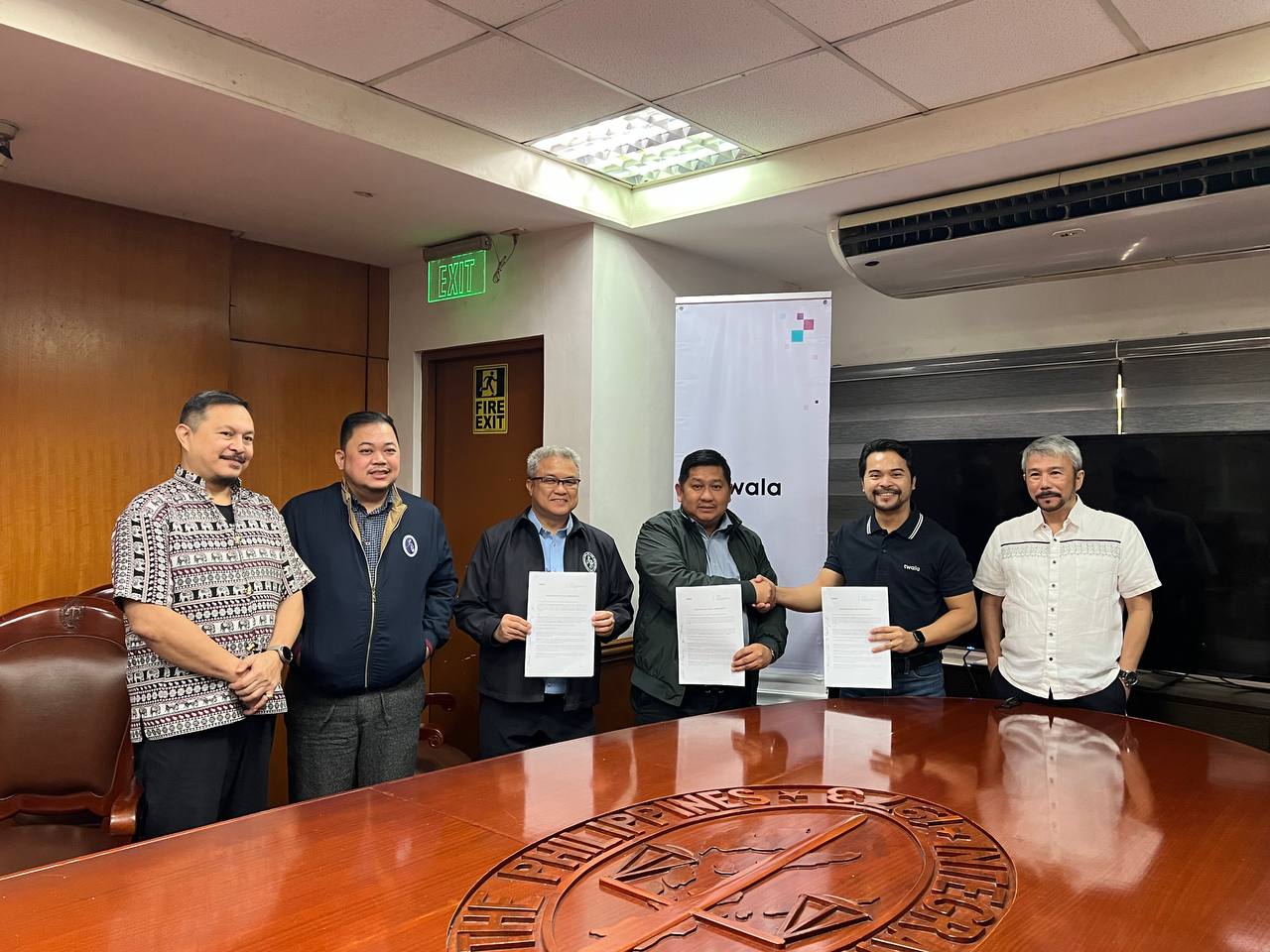
Every finance team knows the importance of timely budget approvals but many still struggle with delays caused by disorganized workflows. Whether it’s a disbursement request stuck in someone’s inbox or an unsigned budget document sitting on a physical desk, sign-off breakdowns are all too common.
In fast moving organizations, these gaps can mean the difference between seizing an opportunity and missing it altogether.
The Most Common Approval Gaps in Budget Workflows
1. Approvals Spread Across Disconnected Channels
Budget requests often pass through multiple tools: email, spreadsheets, printed forms, chat messages. When there’s no centralized platform, it’s easy to lose track of who signed what, or whether a document was approved at all.
2. No Clear Sign-Off Sequence
Some organizations don’t define the proper order of approvers. As a result, budget documents either get routed incorrectly or bounce between departments, creating long loops and missed deadlines.
3. Physical Document Delays
Many finance teams still rely on printed forms or emailed PDFs that require manual signatures. If a key approver is traveling or working remotely, the process grinds to a halt.
4. No Audit Trail or Real-Time Visibility
Without version control or a traceable log of actions, it’s difficult to prove when and how a budget was approved or if it was even seen. This becomes a real risk during audits or internal reviews.
These Delays Add Up And So Do the Costs
Budget approval delays may seem like a paperwork issue, but they can have a ripple effect across the business. When disbursements are held up or budget decisions stall, teams may miss key project timelines, suppliers can lose trust, and urgent funding needs may be forced into reactive spending. These disruptions slow down operations and can damage relationships with internal and external stakeholders.
The cost isn’t just operational, it's reputational too. Missed funding deadlines, vendor frustration, and emergency spending to make up for delays all take a toll on the finance team’s credibility.
Centralizing Approvals: A Modern Approach to a Classic Problem
To solve this, many finance teams are shifting to centralized digital workflows. These workflows often include:
- Pre-defined approval chains
- Automated routing based on department or budget amount
- Real-time notifications when signatures are needed
- Visibility dashboards that track each document’s status
When combined with e-signature platforms, these digital workflows ensure that every sign-off is:
- Verifiable (identity-confirmed)
- Timestamped (with exact date and time)
- Tamper-evident (digitally sealed after approval)
- Easily auditable (with full activity logs)
Under Republic Act No. 8792 – The E-Commerce Act of 2000, electronic signatures are legally valid and binding in the Philippines, provided they meet the standards of identity, integrity, and consent.
Budget sign-offs fall through the cracks when teams rely on outdated tools and siloed approval chains. The good news? These gaps are fixable.
By adopting centralized workflows and modern e-signature solutions, finance teams can streamline budget approvals, strengthen internal controls, and reduce costly delays all without sacrificing accountability.
Even small changes to your approval process can have a big impact on your team’s efficiency and your organization’s agility.
To learn more about the legal and compliance standards related to digital approvals and e-signatures in the Philippines, check out the following resources:





.png)
